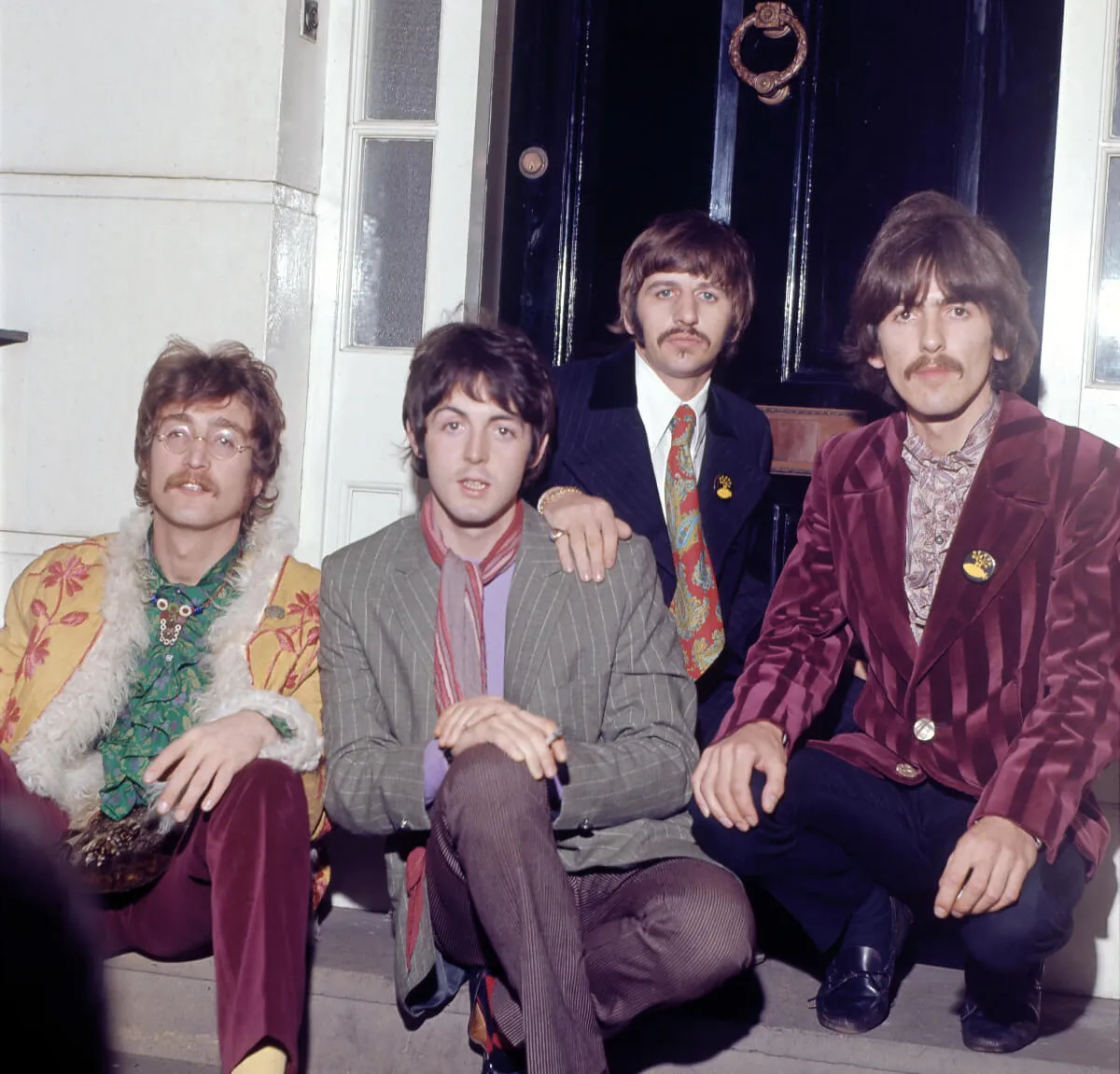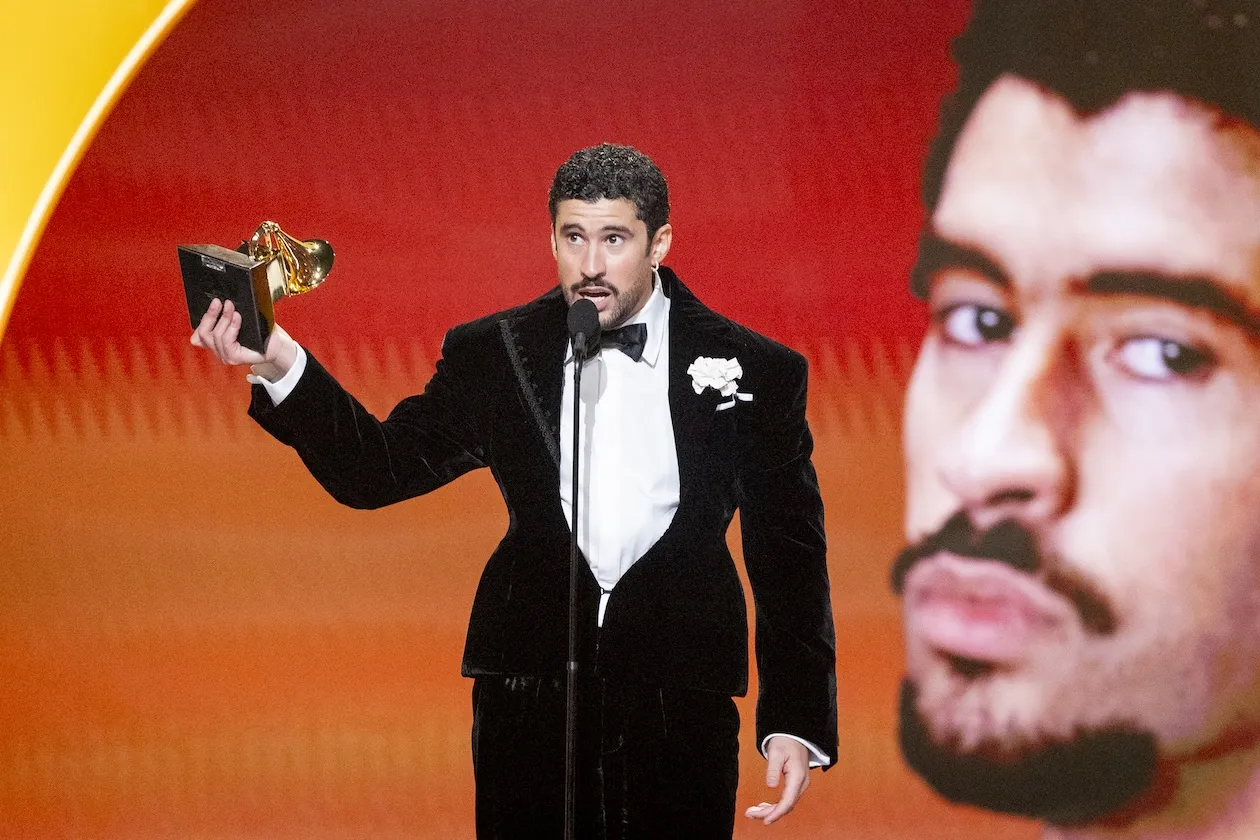
The Beatles: Music Was a ‘Secondary Concern’ for the Band Right Before They Broke Up
In the latter half of the 1960s, The Beatles were making some of their best music. The band pushed boundaries on their albums and inspired many young artists. They weren’t exactly happy while doing it, though. While the band still made music to the end of the 1960s, they’d become so tied up in business affairs that they struggled to focus on their art.
The Beatles weren’t concerned with music before they split
In 1968, The Beatles founded Apple Corps, a conglomerate with a number of different ventures. While the band members were talented musicians, they were not businessmen, and they quickly ran into problems. According to Hunter Davies, the author of the only authorized biography of the band, business dealings became so complicated that it took the Beatles’ attention away from music.
“In London, it was soon clear that the music making was now a secondary concern,” Davies wrote in The Beatles. “Apple was in chaos, and so were their financial and business affairs, and they were quarrelling amongst themselves, about each other, and about what to do next.”
Davies believed that the business dealings contributed to a sad end for the band.
“I had never imagined that the end of the Beatles, whenever it happened, would simply come in a welter of legal tangles, financial quibbling, trivial personality clashes, slanging matches, ridiculous recriminations, juvenile insults, and silly squabbles,” he wrote. “In the end, alas, they finished the way many show business partnerships have ended — in pathos.”
They said their businesses were a mistake
Apple Records became one of the band’s biggest ventures, and John Lennon wasn’t shy about voicing his dislike for the company. He saw it as an expensive mistake.
“I think it’s a bit messy and it wants tightening up. We haven’t got half the money people think we have,” he said in the book Lennon: The Definitive Biography by Ray Coleman, adding, “We have enough to live on but we can’t let Apple go on like it is. We started off with loads of ideas of what we wanted to do — an umbrella for different activities. But like one or two Beatle things, it didn’t work because we aren’t practical and we weren’t quick enough to realize that we need a businessman’s brain to run the whole thing.”
George Harrison agreed. He believed the band lost a great deal of money because of Apple Corps.
“Dreadful. I mean, all the money that we ever made from Beatles records and from Beatle films or any source, it all came into this company, Apple, which had been pilfered by all these famous gangsters,” he said, per Far Out Magazine. “It was a mess, and Paul was suing us three because we had this guy managing us, and it was just a mess.”
Only 1 of the Beatles was still pushing to make music
By the end of the 1960s, Harrison and Lennon had lost interest in the group. Paul McCartney, however, was still pushing to put out new records.
“Paul was really the mainstay of the group in these later years, from about 1967 until 1969, keeping them going as composers, pushing them into new ideas, such as Magical Mystery Tour,” Davies wrote. “He had many ideas for films and for expanding the Apple organization. He loved being a Beatle and didn’t want it to change.”
McCartney even pushed for the band to return to live performances, which they’d ceased altogether in 1966.
“While in Portugal in 1968, he was still full of plans to get them all performing in public again,” Davies wrote. “He wasn’t thinking of touring. That had gone stale for them all. He missed appearing in public — playing complete songs for a change, all together, in front of a live audience, trying to recapture some of the fun they had had in the early days. George was all against this. The others weren’t very keen either. Paul, at the time, had high hopes of persuading them.”
Ultimately, the band only performed live once after 1966, in an impromptu show on the roof of their Apple Corps headquarters.


